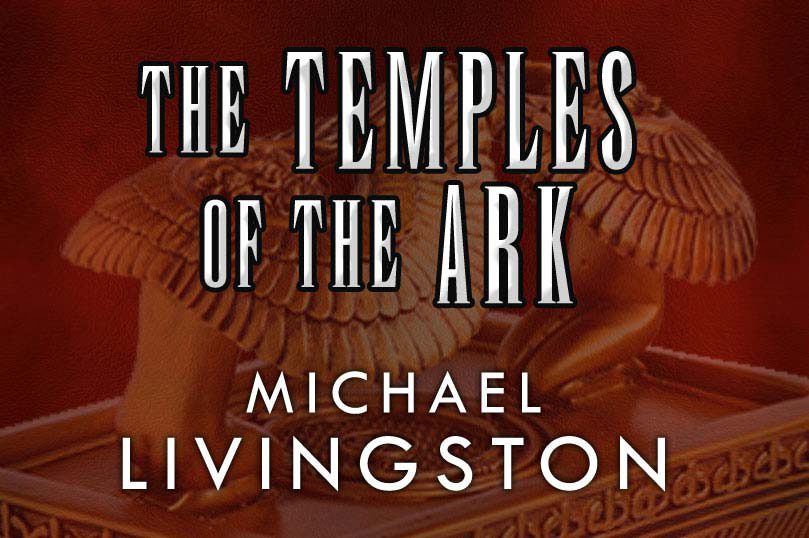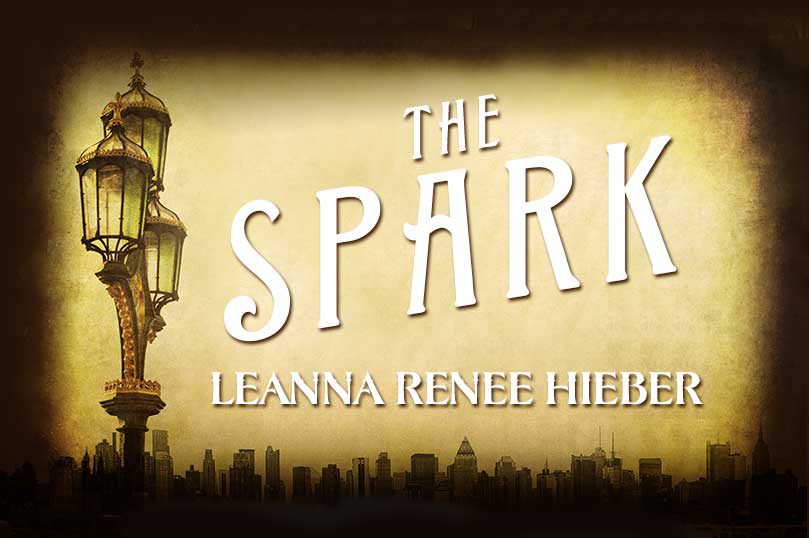
The Temples of the Ark by Michael Livingston
Presenting The Temples of the Ark, a brand new story from Michael Livingston, set in the world of his series, The Shards of Heaven. Michael’s latest novel, The Gates of Hell, will be available November 15th.

